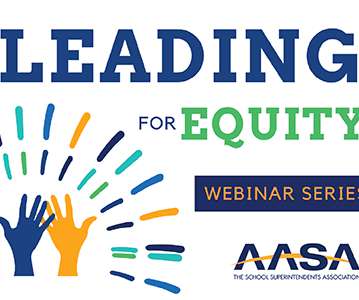OPINION: How top charter schools became an ‘afterthought’ in one state
The Hechinger Report
FEBRUARY 12, 2020
In 1993, Massachusetts enacted a bipartisan education reform law that gave schools a massive infusion of state money in return for high academic standards and accountability. Academic standards were the next to go. A 2008 panel of math experts appointed by the U.S. State SAT scores rose for 13 consecutive years.






















Let's personalize your content